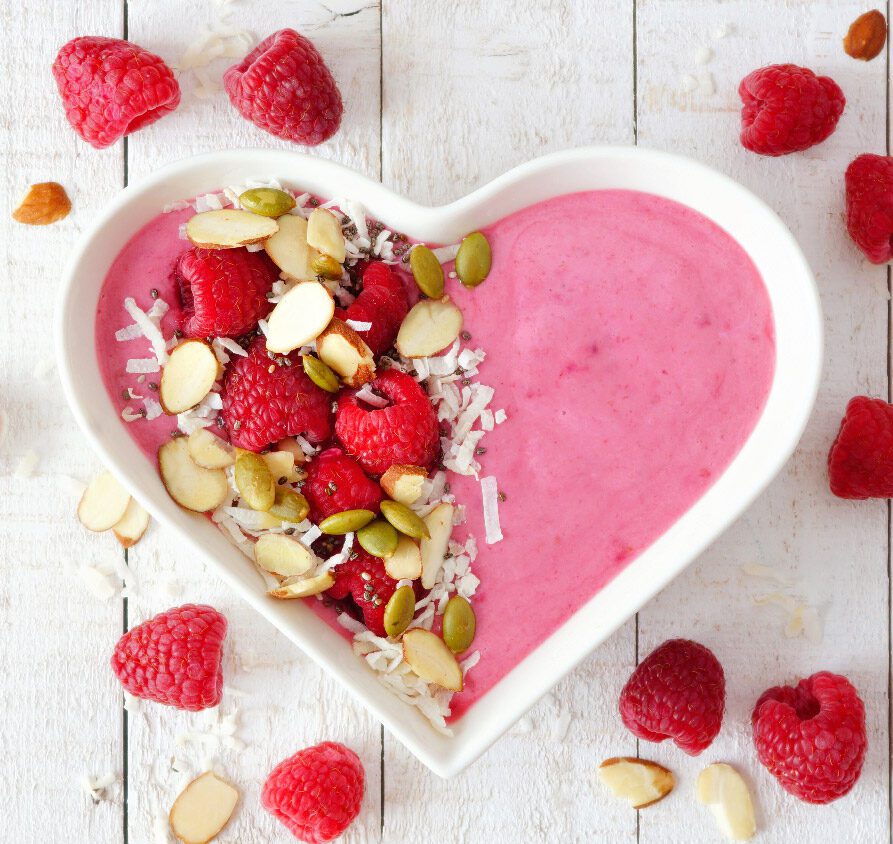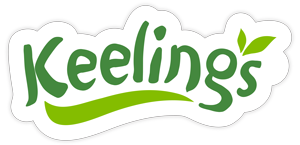Did you know that our skin is the largest organ in our bodies? And where nutrition plays a role in keeping all our organs healthy the skin is no different. Most of us are born with healthy skin but as we age, our skin becomes less able to cope with everyday wear and tear. A number of different factors can effect our skin including genetics, age, hormones, stress, sleep, UV rays, pollution, alcohol and skin care but nutrition plays an important role too.
Although good skin is part of our genes, we can still do a lot to keep our skin in good condition and help it functioning at its healthiest as we age. There are many serums and creams that promise to help tackle wrinkles or blemishes but what about getting these ingredients from our diets? Although it sounds cliché beautiful skin does start with nourishment from within.
Vitamin A – Is an antioxidant that is needed for cell growth and turnover. It is form in the form retinol in dairy, eggs, salmon and as beta carotene in carrots, sweet potatoes, peppers, and mango.
Vitamin C– Vitamin C is essential for healthy skin. Our skin needs vitamin C to create collagen, a protein that is crucial in keeping our skin strong and healthy. Vitamin C is also an antioxidant that helps to protect the skin from oxidative damage that can be caused by the sun and the environment which can lead to signs of aging (yes wrinkles!). Foods that are high in vitamin C include blueberries, raspberries, strawberries, oranges, grapefruits, lemons, and limes, as well as kiwis and red peppers.
Vitamin E – Is an important antioxidant that helps protect our skin from oxidative damage. It is considered even more effective when it is combined with Vitamin C.
Good sources of Vitamin E include fatty fish like salmon, avocados, sunflower seeds, almonds, hazelnuts and peanut butter.
Selenium– is another powerful antioxidant that works alongside vitamin E & C. Studies suggest that a selenium rich diet can help protect against sun damage, age spots and skin cancer. Selenium is commonly found in nuts, fish, shellfish, eggs, tomatoes and broccoli.
Zinc- is an essential mineral that is involved in a number of cellular processes within our skin such as cell division and cell growth. It is also a powerful mineral for wound healing. Because Zinc is an ‘essential’ mineral, we cannot make it in our bodies and therefore need it through our diet. Zinc rich foods include Oysters, beef, liver, lamb, milk, cheese, eggs, shellfish, nuts and cereals. It is important to consider that those following a vegan or vegetarian diet may be at risk of inadequate zinc intake.
Healthy fats such as monounsaturated and polyunsaturated fats provide essential fatty acids that act as a natural moisturiser for the skin, improving its elasticity and keeping it supple. These types of fats also contain Vitamin E which as we know already helps to protect against free radical damage. Omega 3 is found in oily fish and some plant sources such as chia seeds, walnuts and rapeseed oil.
Hydration is also an important factor for keeping our skin in good health. Mild dehydration can cause our skin to look dry and slightly grey. Make sure to get at least 6-8 glasses of fluid per day. Preferably water and don’t forget you can also increase your fluid intake through fruit and vegetables!
When we look diet and skin health there really are many similarities to a Mediterranean diet. Including lots of rich colourful fruit and vegetables, healthy fats from fish and nuts and plenty of water and don’t forget about sleep…it’s called beauty sleep for a reason!



